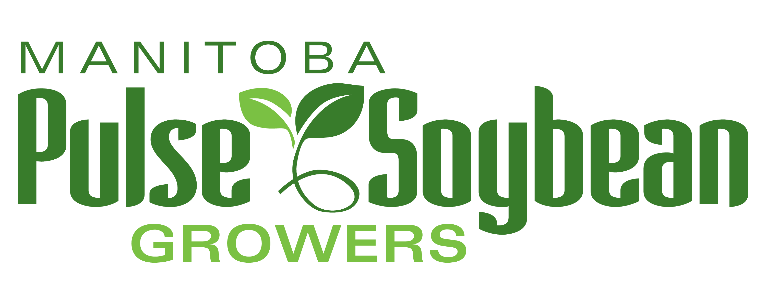This project will look at the impact of the inclusion of certain ingredients (including zero-tannin faba bean (ZTFB) and dried distillers grain with soluble (DDSG)) in swine diets on the whole animal (digestibility, growth performance) and the whole farm (manure volume, nutrient levels). We found no difference in pig growth, feed efficiency, carcass characteristics or carcass value between the two sources of DDGS. Pigs fed diets containing 30% DDGS grew more slowly, were less efficient and spent more time in the barn than pigs fed diets containing 10%; however, the standardized feed cost per kilogram of body weight gain ($/kg gain) was $0.024 lower ($2.16/pig) with the higher DDGS inclusion. Pigs fed diets containing 15% ZTFB had similar growth to pigs fed diets with 0% ZTFB but the $/kg gain was $0.022 higher when ZTFB was in the diet. This equates to an added cost of $2 per pig (average gain 90kg/pig) and there were no improvements in carcass value to balance this extra cost. However, when Micro-Aid was added to the diets containing ZTFB, the $/kg gain dropped to the same as diets without. Yucca extract (like Micro‐Aid) has been previously shown to promote gut health and the growth of beneficial bacteria. While inhibiting the growth of harmful bacteria in the gut. The beneficial bacteria serve to break down fibre in the intestine and diets containing 15% ZTFB had higher crude fibre than diets without ZTFB. ZTFB is a viable substitution for SBM in swine diets as long as a yucca extract such as Micro-Aid is also added.
Impact of Ingredients (including Zero-Tannin Faba Bean) in Swine Diets on Digestibility, Performance, Water Intake and Manure Output
Crop
Start Date
2010End Date
2011Principal Investigator
Carole Furedi The Puratone Corporation
MPSG Financial Support
$25,573.01External Funding
Total Project Funding
$25,573.01File
Research Objectives
Determine the energy and nutrient digestibility of feed ingredients (including zero-tannin faba bean) in grower-finisher pigs Establish available nutrient profiles for feed ingredients (including zero-tannin faba bean) for diet formulation in subsequent performance trials Assess the growth and carcass performance of nursery and grower-finisher pigs fed diets with different inclusion rates of feed ingredients (including zero-tannin faba bean) Determine water consumption rates of grower-finisher pigs fed diets with different inclusion rates of feed ingredients (including zero-tannin faba bean) Determine the levels of P, N and other nutrients in the manure as well as manure volume and consistency from nursery and finisher pigs fed diets with different inclusion rates of ingredients (including zero-tannin faba bean) Evaluate the results and determine the value of zero-tannin faba bean in swine diets and Manitoba swine industryRelated Topics
News
News
